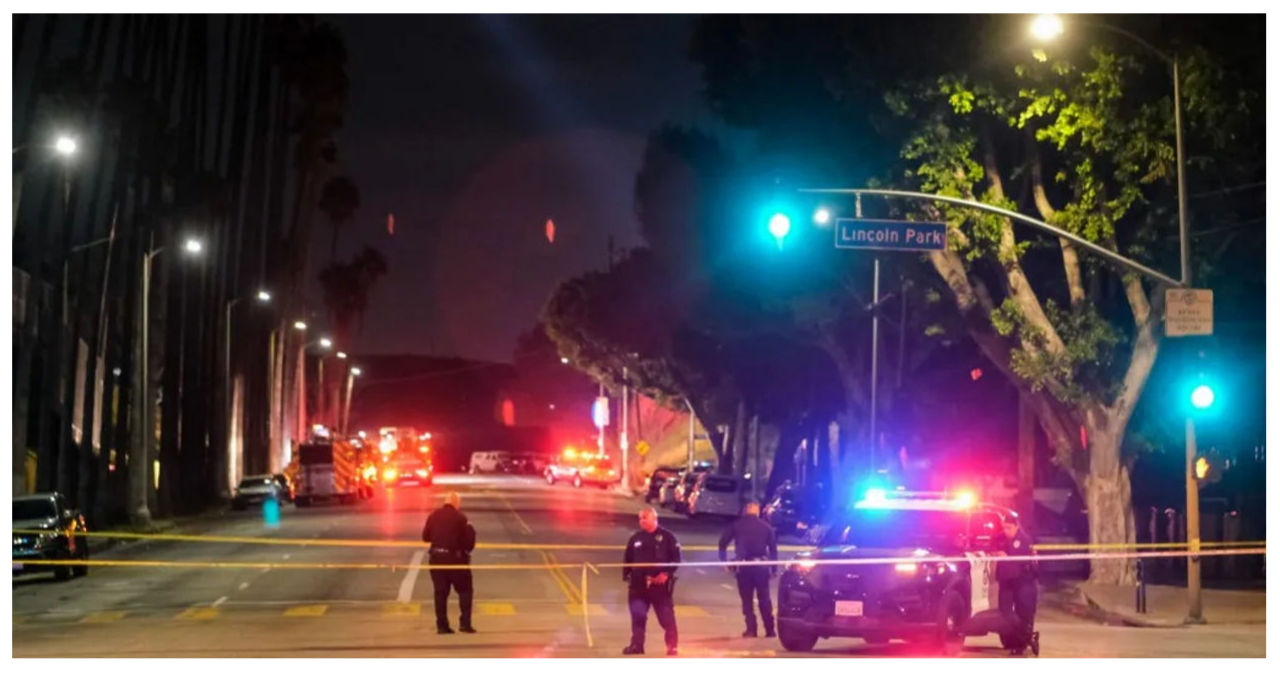Vinnie passed away at the age of 24, while Vaughn was 28 at the time of his death.
Growing up in the greater Los Angeles area, I witnessed a heartbreaking reality that is all too familiar in impoverished and underserved neighborhoods. The tragic deaths of individuals became a disturbingly common occurrence, and attending funerals became a regular part of my life.
I have a deep understanding of the pain experienced by victims, as well as the overwhelming desire for justice and even revenge when a loved one is murdered. However, I, like many other crime victims, recognize that seeking revenge does not create safer communities. Additionally, I understand that simply incarcerating more underprivileged young individuals is not a successful solution.
It is disheartening to witness politicians, district attorneys, and law enforcement officials resorting to the outdated and ineffective approach of “lock-’em-up-and-throw-away-the-key” in response to the increasing rates of shoplifting and other minor thefts. This mentality, reminiscent of the 1980s and ’90s, is now being revived and accompanied by calls for the repeal of Proposition 47. It is worth remembering that not long ago, ill-advised policies like Three Strikes and You’re Out resulted in the over-incarceration of individuals to such an extent that California’s prisons were operating at a staggering 200% of their capacity.
The federal courts intervened and mandated California to make significant reductions in its prison population due to the appalling conditions that were found to be in violation of the Constitution’s prohibition against “cruel and unusual” punishment.
If we are truly committed to breaking the vicious cycles of mindless violence and crime that resulted in the tragic loss of two of my brothers and continue to instill fear in countless Californians, it is imperative that we dedicate ourselves to the challenging task of investing in various initiatives. These include violence intervention programs, Trauma Recovery Centers, job training and education opportunities for young individuals, mental health and substance abuse treatment services, as well as the overall improvement of community well-being.
Proposition 47, which reclassified certain low-level, nonviolent offenses as misdemeanors, has successfully reduced the incarceration time for individuals convicted of such crimes. Additionally, the hundreds of millions of dollars saved through this reclassification have been reinvested in the establishment of TRCs (Transitional Reentry Centers) and other services aimed at providing support to those in need. Contrary to the critics’ opinions, the outcomes of Proposition 47 have been overwhelmingly positive, resulting in decreased rates of repeat offenses and the provision of various forms of assistance to individuals who are in dire need of it.
Approaching the headline-making wave of shoplifting and other property crimes in a calm and rational manner calls for an increase in recovery centers, substance abuse treatment facilities, and mental health services. However, the current political focus is on repealing Prop. 47, which would cut off funding for these essential supportive services that prevent crime from escalating. This approach may result in a return to ineffective “tough” policies that failed to address the underlying causes of criminal activity.
As a parent of three young sons, my constant worry revolves around their safety. Just like millions of Californians, all I want is for my children to feel secure. I understand that some politicians and media outlets fuel public fears about crime, making it convenient to attribute the current challenges to reforms.
Blaming others will not ensure the safety of me or my sons, nor will it protect our communities.
LaNaisha Edwards serves as the California member engagement associate for Crime Survivors for Safety and Justice, which happens to be the largest network of crime survivors in the country.



